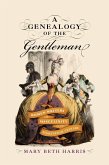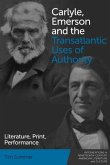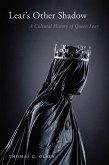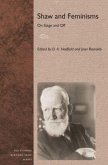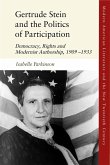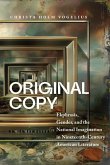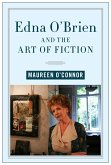Quixotic Authority reveals how deeply absorbed reading was inextricable from and essential to British women's professional writing and cultural commentary from the mid-eighteenth to the mid-nineteenth century. The trope of quixotism, what we might today call "fangirling," had distinctly gendered implications, as the female quixote was almost exclusively associated with uncritical, overly absorptive novel reading, and often portrayed as a self-centered, deluded, ill-educated home-wrecker who must be reformed or punished. But what do we make of the fact that women wrote most of the depictions of female quixotes in novels of this period? Jodi Wyett shows that authors such as Charlotte Lennox and Jane Austen wrote quixote narratives to assert their own professional cachet as well as validate the passion and intelligence of women novel readers. Harnessing the power of the genre, they debunked proscriptive contemporary discourse denigrating both women and the novel. This book redefines the female quixote as a fierce fangirl both modeled in fiction and embodied by her creators.
Bitte wählen Sie Ihr Anliegen aus.
Rechnungen
Retourenschein anfordern
Bestellstatus
Storno


